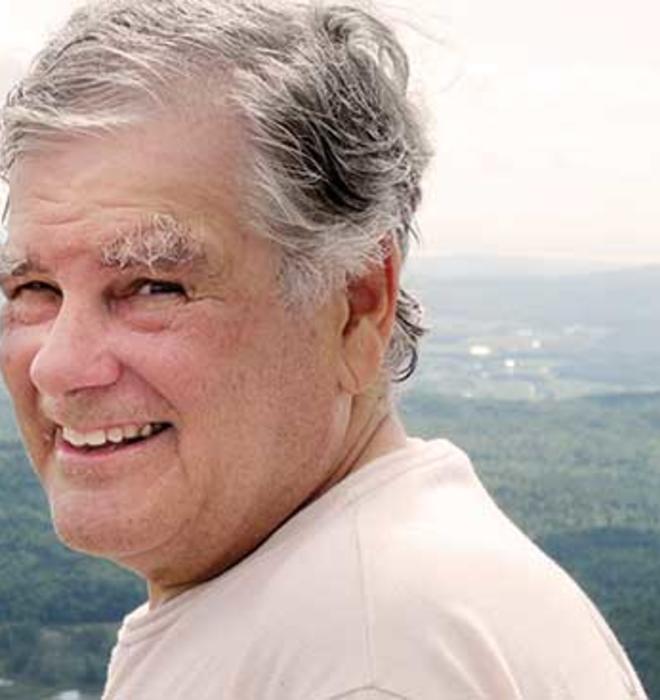
July 4, 1941 • Oct. 20, 2018
WHEN MICHAEL TRISTER ’63, counselor to civil-rights, labor, and poverty organizations, rose in June to accept a lifetime-achievement award from the Alliance for Justice, he spoke more about the accomplishments of those he collaborated with than his own. That was typical. “He was a very modest guy,” says Doug Rosing ’63, a friend from the freshman soccer team and fellow religion major. Trister, later the varsity goalie, “had lots of talent, athletically and academically, which he demonstrated by performance, not by talking about it.” Only after Trister’s death in October from pancreatic cancer at age 77 did some friends learn of the central role he played in an important civil-rights episode at the University of Mississippi School of Law, says Nancy Duff Campbell, his wife of 41 years and a founder of the National Women’s Law Center.
One of several newly minted Yale Law School graduates recruited to the Ole Miss law faculty in 1966 by a new, progressive dean, Trister was responsible for teaching a labor-law course while developing a legal-services program for the poor and providing clinical training for law students.
Federal funds for the legal-services program, North Mississippi Rural Legal Services, flowed through the university, and an uproar ensued when Trister and a colleague brought a school-desegregation suit. Ole Miss severed its tie to the program and gave the professors an ultimatum: Quit it or be fired. The professors sued. They got their jobs back when the 5th U.S. Circuit Court of Appeals said that the university allowed other professors to do outside work, and Trister and his colleague couldn’t be fired solely for representing unpopular clients. In 1970, a lieutenant governor took another run at Trister’s job when the lawyer defended 93 African American students arrested in a protest at Ole Miss and thrown into the maximum-security Mississippi State Penitentiary. Despite calls for the students to be expelled from their universities, most were permitted to resume their studies.
Trister was then ready for a new challenge, which he found in Washington working with civil-rights champion Marian Wright Edelman, first at a research center, then as vice president of her new Children’s Defense Fund. A law student named Hillary Rodham was among the future attorneys he mentored.
In 1976, he hung out his shingle and later co-founded what’s now Trister, Ross, Schadler & Gold, a small firm representing foundations, charities, trade associations, and unions. Clients included United We Dream, an immigrant-rights group; the Campaign for Tobacco-Free Kids; Planned Parenthood; the AFL-CIO; and many smaller, lesser-known groups. “He was very committed to organizing,” says Campbell. He helped “keep these organizations alive, helping them deal with lobbying and campaign-finance laws and making sure they didn’t get into legal trouble.”
Trister was born in Montreal but raised in New Jersey, where his father did a postdoctoral fellowship in chemistry at Princeton, then took an industry job in Elizabeth. Trister never lost his passion for soccer nor his love of the outdoor life. “We spend as much time as possible in our cabin in the Adirondack Mountains of upstate New York, hiking, canoeing, cross-country skiing,” and birding, Trister wrote in his 50th-reunion yearbook.
When the Alliance for Justice honor was announced, Trister said: “Rarely have we seen a political climate that cries out for social-justice advocacy more than the one we are in today.”
Christopher Connell ’71 is an independent Washington writer and editor.






No responses yet